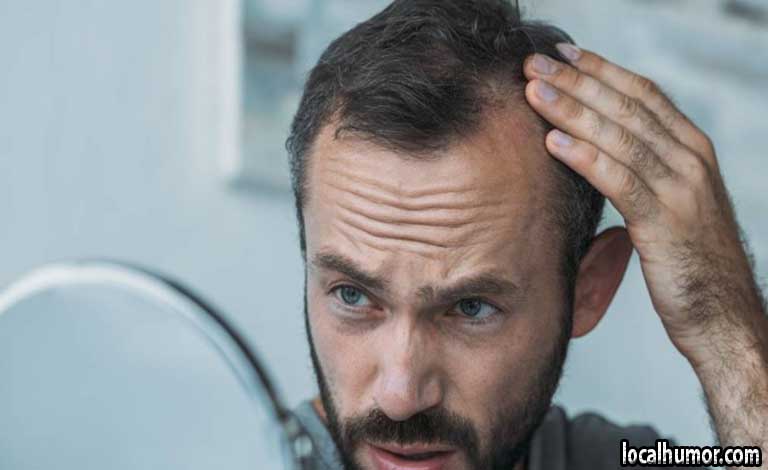Creating addiction is a deep, personal, multifaceted process that requires more than just treatment to tackle complexity. While traditional methods such as detoxification and advice form the basis of recovery programs, holistic therapy offers an airport business center on healing the mind, body, and mind. These treatments play a key role in creating a balanced, sustainable relaxation trip. In this blog, we will explore the various benefits of holistic therapy that will help you recover from addiction and how Pane rehabilitation includes these approaches in the program.
What is the overall therapy?
Overall, therapy is not just an addiction; it is an alternative or complementary treatment that deals with the whole person. These treatments focus on physical, emotional, mental, and mental wells. Art therapy and nutritional advice. The overall nuclear philosophy of therapy is that addiction is not just a physical state but also the result of emotional or mental imbalances. By fighting these underlying issues, holistic therapy wants to promote long-term relaxation and personal growth. Reasons for the root cause of addiction one of the key benefits of overall therapy is the ability to investigate and tackle the fundamental causes of addiction. In contrast to traditional treatments, which focus primarily on the treatment of withdrawal symptoms, holistic approaches are immersed in emotional and psychological factors that contribute to substance abuse. Practices such as meditation and mindfulness, for example, help individuals to recognize and manage negative thought patterns but can creatively create feelings that have been suppressed by art therapy. Pane rehabilitation often integrates such treatments to complement traditional consulting methods and create a comprehensive restoration plan. Promoting physical wells – Addiction often pays homage to the body and leads to malnutrition, a weak immune system, and chronic health problems. Overall, therapy focuses on restoring physical health through practices such as: Yoga and movement. Regular physical activity improves strength, flexibility, and general wells. Yoga, in particular, combines movement and mindfulness to help people develop stronger connections between their mind and body. Nutritional advice Proper nutrition is extremely important for recovery as it contributes to repairing damage caused by substance abuse and promotes energy levels. Reduce desires.
Acupuncture is known to relieve withdrawal
Symptoms, reduce stress, and promote relaxation. Improve emotional resistance Emotional regulation is an important aspect of addiction. Holistic therapy provides people with the tools to master stress, fear, and other emotional triggers effectively. Meditation and Mindfulness: These practices teach individuals to concentrate on the present moment, reduce fear, and promote inner calm. Over time, mindfulness can help you build emotional resilience. This is essential to prevent recurrence. Art and Music Therapy Creative outlets such as painting, painting, music, and more play individuals to process their emotions in a personal way. These activities can also be approved by chance. Equestrian therapy Interactions with animals such as horses can promote emotional healing and build trust, responsibility, and empathy that are often damaged by addiction. Cultivate spiritual growth. For many, recuperating addiction is an opportunity for mental transformation. Overall therapy often emphasizes reconnection with the inner self and finds the meaning and purpose of life. Psychological advice by studying personal beliefs and values, individuals can rediscover their meanings and direction. Natural-based treatments: Spending time in nature promotes reflection through practices such as wilderness therapy and gardening and encourages connection with the world. Rehabilitation programs, including rehabilitation, include these elements to promote spiritual growth and inner peace.
Supporting Long Sold Sobriety
Overall therapy not only helps in immediate recovery but also organizes people with instruments for life and maintains their drinking. By treating stress, emotional triggers, and general well-being, these treatments reduce the chance of recurrence. Frequent aftercare programs provide an overall practice to help individuals continue to benefit from these treatments after their initial treatment. Eigen Balanced Restoration Plan
Creating
Integrating the overall treatment with traditional treatments creates a balanced and personalized recovery plan. Every person’s journey is unique, and the combination of approaches allows for more comprehensive care. For example, a person can benefit from treatment sessions to treat trauma, while simultaneously using yoga and mindfulness to cope with stress and desires
Diploma
Overall therapy has become an important component of addiction repair programs and offers a rounded approach to healing. These treatments allow individuals to live their lives and realize their lives by fighting physical, emotional, mental, and spiritual needs. A, including holistic practice, provides an ideal environment for those looking for an inclusive recovery. Through yoga, art therapy, and mindfulness, these treatments are a valuable part of your relaxation trip as they contribute to long-term drinking and personal growth.


